Lansing, MI Drug & Alcohol Treatment Centers
Looking for help with addiction in Lansing, MI?
Insurance
Treatment Programs
Looking for help with addiction in Lansing, MI?
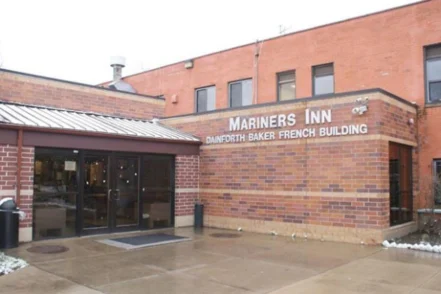
445 Ledyard Street Detroit, Michigan 48201
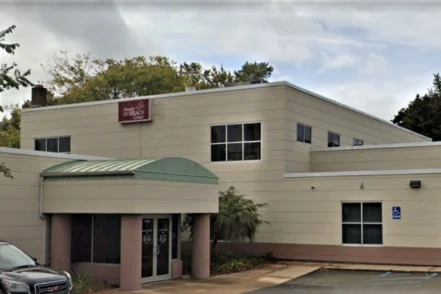
1939 South Division Avenue Grand Rapids, Michigan 49507
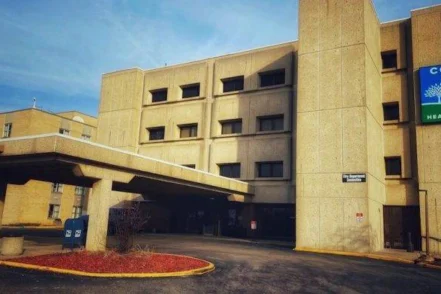
4777 East Outer Drive, Suite 2 West Detroit, Michigan 48234

745 East Grand Boulevard Detroit, Michigan 48207

25639 Ford Road Dearborn Heights, Michigan 48127
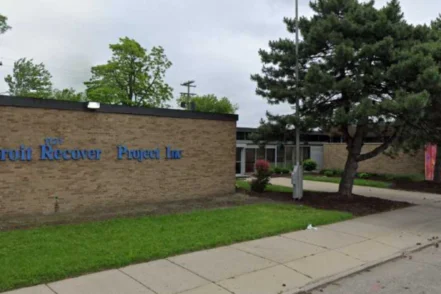
1121 East McNichols Road Detroit, Michigan 48203
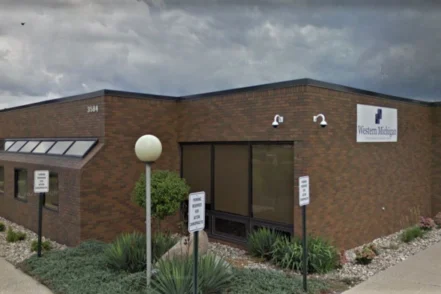
3584 Fairlanes Avenue Sw, Suite 2 Grandville Gaastra, Michigan 49418

12851 Grand River Road Brighton, Michigan 48116

400 Stoddard Road Richmond, Michigan 48062
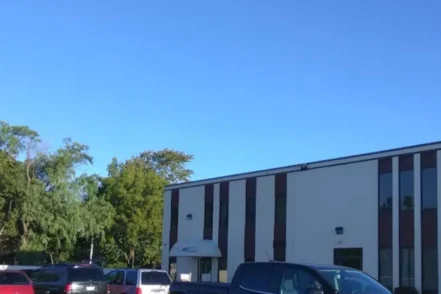
31581 Gratiot Avenue, Suite 100 Roseville, Michigan 48066

502 West Huron Street Ann Arbor, Michigan 48103
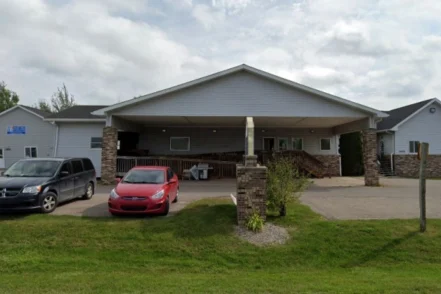
2655 Ashmun Street Sault Ste. Marie, Michigan 49783

2329 Center Street Boyne Falls, Michigan 49713
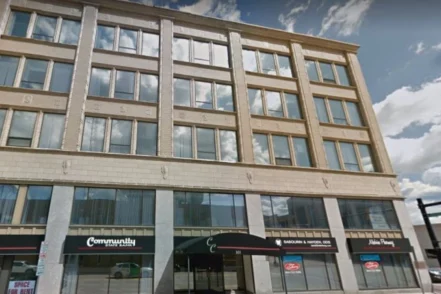
301 East Genesee Street Saginaw, Michigan 48607